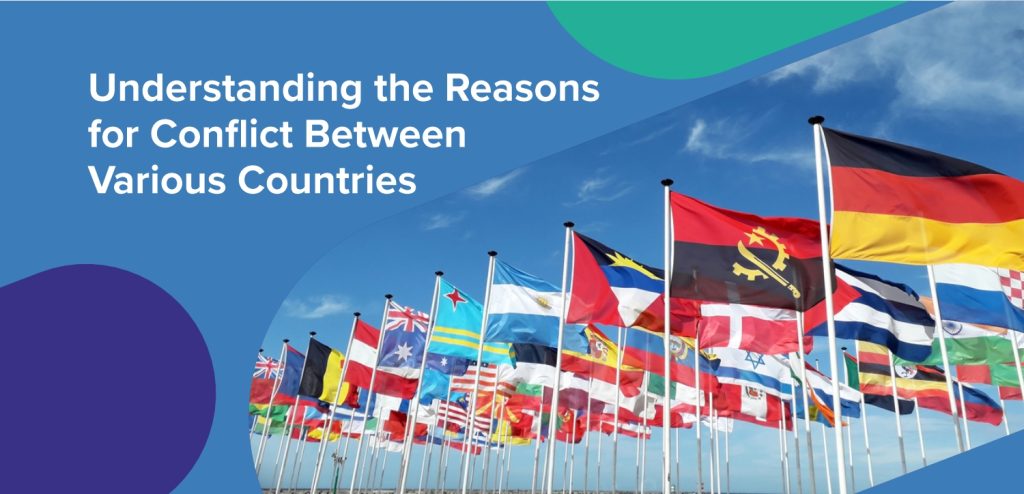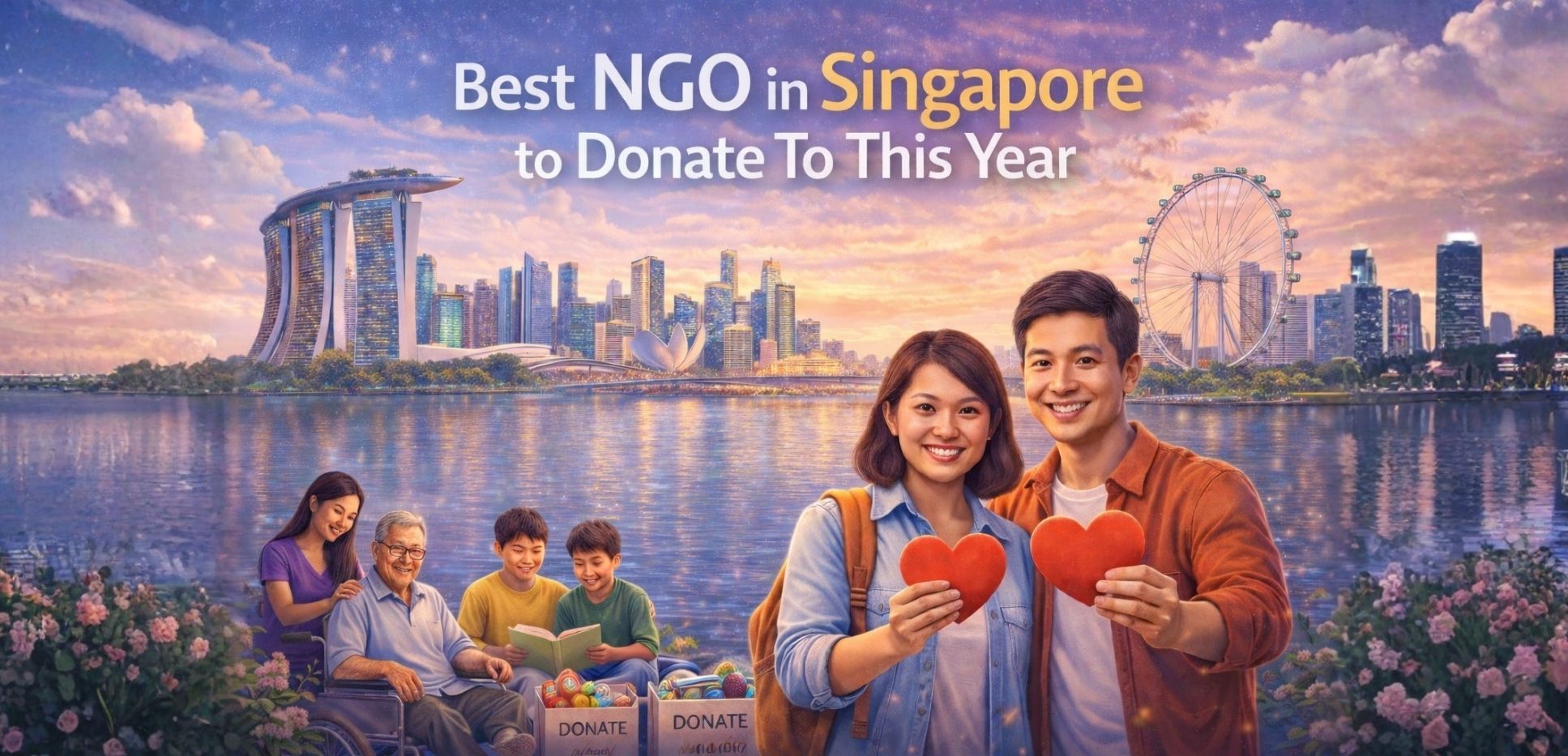Following the Russia-Ukraine war, the world is once again on edge with the threat of another major conflict — this time in the Gulf region, where Israel is engaged in a tense and violent confrontation with the Hamas militant group in Gaza, a territory governed by Palestine. Just like the Russia-Ukraine war, this conflict is already having devastating effects on civilians, especially in Gaza — one of the most densely populated areas in the world, home to approximately 2 million people.
These ongoing hostilities remind us that war continues to be a destructive force, displacing families, shattering communities, and disrupting lives far beyond the war zones. In the aftermath of the Russia-Ukraine crisis, millions were forced to flee their homes, seeking asylum in nations across Europe and Asia — including Southeast Asia. While geographically distant from these conflict zones, is deeply connected to the global community and not immune to the ripple effects of such turmoil — from economic volatility to humanitarian concerns.
Why Do Wars Still Happen?
Even in a modern, interconnected world, wars continue to break out for a range of reasons:
1. Territorial Disputes: Ongoing disagreements over land and borders can lead to armed conflicts, especially when national pride and strategic interests are involved.
2. Resource Scarcity: Competition for limited but vital resources such as water, oil, and minerals often sparks conflict, especially in regions lacking fair distribution.
3. Political Power & Ideologies: Clashes between different political systems or ideologies — such as authoritarianism vs. democracy — have historically escalated into full-blown wars.
4. Nationalism & Ethnic Tensions: Heightened nationalism or ethnic divisions can drive violent struggles over identity, autonomy, or sovereignty.
5. Religious Disputes: Throughout history, religious differences have fueled wars. Even in modern times, religious extremism continues to be a source of conflict.
6. Economic Factors: Trade wars, sanctions, and inequality often heighten tensions between nations, sometimes leading to armed conflict.
7. Historical Grievances: Past injustices or unresolved historical rivalries can resurface, driving modern-day conflict.
8. Alliance Politics: Military alliances — while intended to offer protection — can inadvertently draw more nations into war when one member is attacked.
9. Failed Diplomacy: When diplomatic efforts fail, misunderstandings or stubbornness can quickly spiral into confrontation.
10. Human Rights Violations: Systematic abuse of human rights or acts of genocide may prompt international intervention, escalating into war.
Lessons from History: Global Conflicts That Changed the World
Even though it has been spared the devastation of modern wars, we must not forget the lessons of history. The 20th century saw two global wars that forever changed the world:
World War I (1914–1918): Involving major global powers including Britain, France, Russia, and others, this war resulted in over 17 million deaths — both military and civilian — and left more than 21 million wounded. The conflict reshaped political boundaries and transformed societies.
World War II (1939–1945): The deadliest conflict in human history, this war involved nearly every major global power. An estimated 70–85 million people lost their lives. The war not only triggered mass displacement but also redefined international relations, economics, and the global power structure.
A Call for Peace
As a peace-loving nation with a strong emphasis on diplomacy and multilateralism, Continues to advocate for peaceful resolutions through dialogue, international cooperation, and humanitarian assistance. We believe in the importance of upholding human rights and fostering mutual understanding between nations.
While it may be small in size, its voice in advocating peace, stability, and global harmony is significant. Let us never forget the painful cost of war — and work collectively towards a world where peace prevails.








